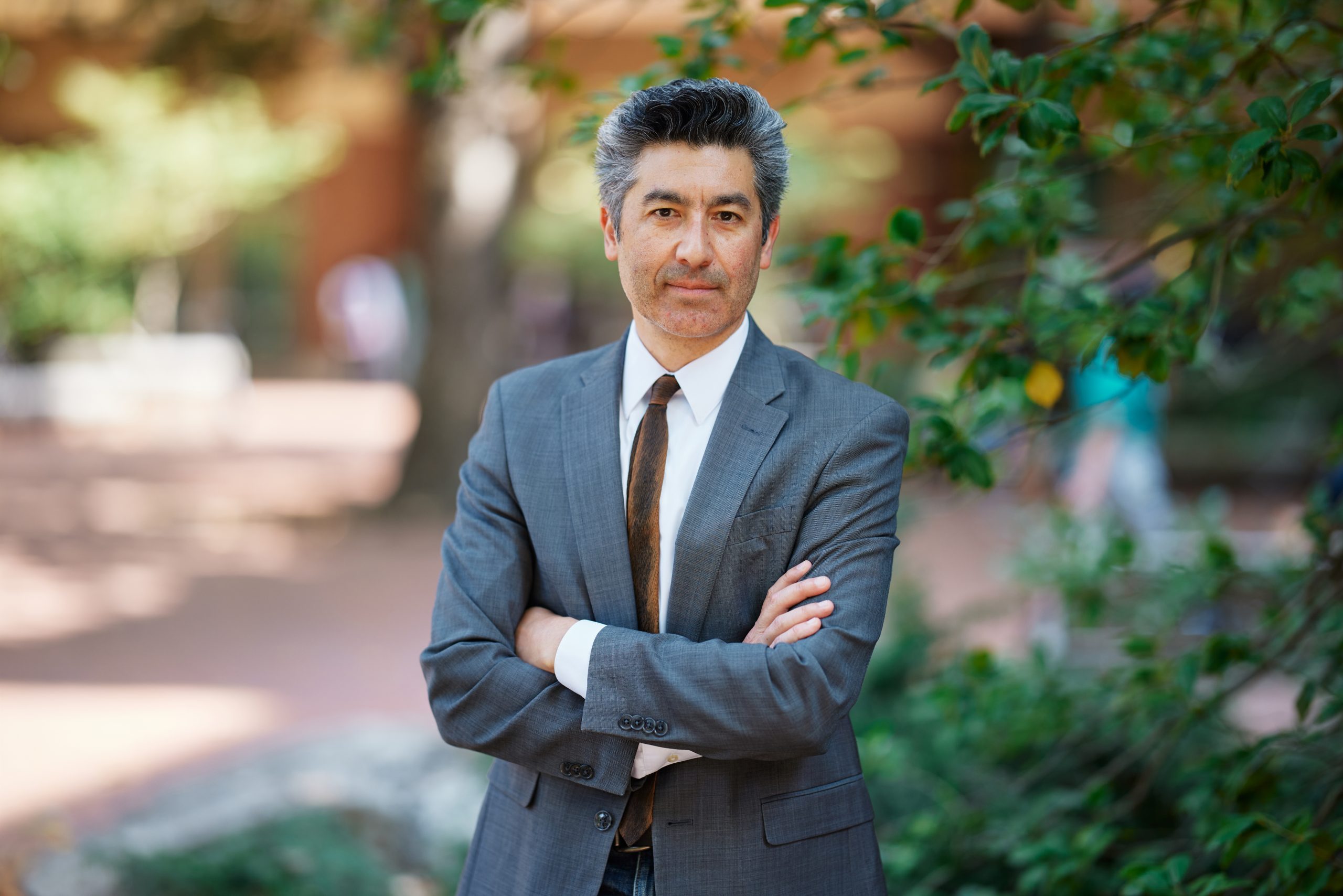Eugenia Zavaleta Lemus
Graduate Student (Anthropology of childhood; theory of practice and agency; theories of embodiment)
She/her/hers
Eugenia Zavaleta is a Latinx, Central American, and Fulbright scholar, born, raised, and educated in El Salvador, and who began her Ph.D. at Vanderbilt in 2017. She obtained her B.A. in Sociocultural Anthropology from the University of El Salvador in 2015. Before beginning her Ph. D., Eugenia worked as a researcher for the El Salvador-based non-governmental organizations Whole Child International (WCI) and Fundación Silencio. In the context of the peak of criminality perpetrated by Salvadorean gangs, Eugenia supported children’s well-being and development by conducting participative workshops with youth at risk of gang harassment and recruitment (9-17 years old) to help them build resilient communities under peace culture approaches and children’s rights philosophy. Eugenia’s desire to understand the processes of violence and their effects on Salvadorean children’s development made her the recipient of a Fulbright-IIE Foreign Student Program Grant (2017-1019) to support her doctorate in Anthropology at Vanderbilt University. Eugenia’s dissertation project focuses on the anthropology of violence and youth mobilities in Central America, with a particular interest in and use of digital humanities and public scholarship as social science methods and mechanisms of liberation and restorative justice. Connected to this focus is a broader theoretical concern with the development of critiques of contemporary anthropological characterizations of youth violence and migration in Central America and its links to legacies of colonialism.
Eugenia’s dissertation focuses on how Salvadorean youth enact practices of care and invent kinship during their transit to the United States. The research demonstrates the manifold ways migrant youth enact their agency to negotiate the impact of the legacy of violence experienced during the last century. Eugenia utilizes a diversity of methodologies to study the experiences of child migration as a historical product of the political violence experienced in El Salvador since the years of the Late Cold War (1985-1989), the internal armed conflict (1980-1992), and the violence of the postwar (1992-2018), in which the evolution of street gangs affected the safety of children and youth. By centering the voices and lives of migrant families, Eugenia amplifies childhood experiences marked not only by trauma, community disruption, and violence but also equally care and love. The methodologies applied to this study include in-person and remote ethnographic research, the close reading of historical sources and newspapers, online consultation of international statistical databases, media analysis, and the co-production of a podcast in collaboration with research interlocutors.
Eugenia’s research has been supported by the Fulbright Program, the 2022 College of Arts and Sciences Summer Research Award, and numerous travel awards from the Department of Anthropology. Eugenia’s public scholarship work has been supported by the 2022 Digital Humanities Center Mini-Grant; the 2021 Public Scholars Program from the Curb Center for Art, Enterprise and Public Policy; the 2021 Excellence in Podcasting Award, given by the Robert Penn Warren Center for the Humanities, the Center for Teaching & Office of Immersion Vanderbilt, and the 2021 Engaged Anthropology Award, from the Anthropology Department.
Eugenia has broad experience in undergraduate and graduate education. She has received the 2019 Outstanding Teaching Assistant Award from the Department of Anthropology and selected from a wide pool of applicants, a 1-year Graduate Teaching Fellowship from the Center for Teaching. Before this fellowship, Eugenia won the Russell Hamilton Graduate Leadership Institute Award to participate in the 2020 National Humanities Center Summer Program Residency and the 2022 Podcasting the Humanities: Creating Digital Stories for the Public.
Specializations
Youth Mobilities in Central America, Anthropology of Violence, Anthropology of Children and Childhoods
Representative Publications
- Zavaleta Lemus, Eugenia. “Children’s Rights and Participatory Policymaking in El Salvador.” In Rethinking Childhoods: The cultural contexts shaping children’s health and wellbeing, Co-authored by Paz Lemus, Tatiana, Edward F. Fischer, T.S. Harvey, Lipika Narisetti, and Eugenia
- Zavaleta Lemus. 2023. Nashville, TN: Vanderbilt Cultural Contexts of Health Initiative. Paz Lemus, Tatiana, Edward F. Fischer, T.S. Harvey, Lipika Narisetti, Eugenia Zavaleta Lemus. 2023. Rethinking Childhoods: The cultural contexts shaping children’s health and wellbeing. Nashville, TN: Vanderbilt Cultural Contexts of Health Initiative: https://cdn.vanderbilt.edu/vu-URL/wp-content/uploads/sites/350/2024/02/06220412/CCH-Rethinking-Childhoods-2023-final-single-0207.pdf
- Podcast episode “My Humanities Moment: Children's experiences and voices in social research and literature,” 2020. Listen here.
- Zapata, Beatriz. El Conocimiento Construido En América Latina: La Educación y Atención En La Primera Infancia. Colombia: Sello Editorial Publicar T. Tecnológico de Antioquía, 2018.
- Zavaleta Lemus, Eugenia. “Nuevos Agentes, Viejas Necesidades y El Lenguaje de Los Derechos: Las Condiciones de Posibilidad de La Lepina En El Salvador (San Ramón, Mejicanos, 2013-2014).” In Acción Pública y Política Pública Para El Desarrollo, edited by Luis Rodríguez Castillo. Chiapas, México: UNAM-CIMSUR, 2016.
- Fowler, William, and Eugenia Zavaleta Lemus. “Habitus, Campo y Capital En Las Primeras Fundaciones Urbanas Hispanoamericanas: El Caso de Ciudad Vieja de San Salvador.” In Primeros Asentamientos Españoles y Portugueses En La América Central y Meridional. S. XVI y XVII, edited by Luis María Calvo and Gabriel Cocco, 21–34. Santa Fe, Argentina: Ediciones UNL, 2016.
- Fowler, William, and Eugenia Zavaleta Lemus. “El Pensamiento de Pierre Bourdieu: Apuntes Para Una Mirada Arqueológica.” Revista de Museología Kóot 2 (2013): 117–35.




